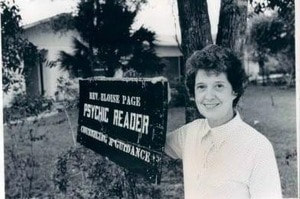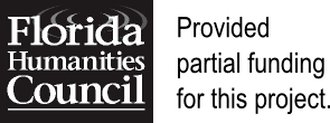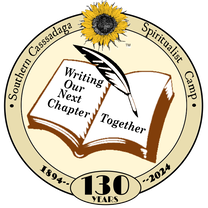Rev. Eloise Page Meditation Garden
Rev. Eloise Page
Rev. Eloise Page Meditation Garden is a place to be at one with nature and the Earth. It provides a bit of seclusion and isolation from the busy activities typically taking place inside the Andrew Jackson Davis Building next to it. It is a great place to meditate and get recharged with cascading water of a central fountain balanced with plants around you to create a perfect setting.
The land that is now Rev. Eloise Page Meditation Garden started as part of the maintained grounds around the Andrew Jackson Davis Building (AJD). The land was later sectioned off and dedicated to Reverend Eloise Page.
The land that is now Rev. Eloise Page Meditation Garden started as part of the maintained grounds around the Andrew Jackson Davis Building (AJD). The land was later sectioned off and dedicated to Reverend Eloise Page.
A perfect place for meditating or a special event.
For our Centennial Celebration (1994), proposed beautification improvements were made. A comprehensive review was conducted resulting in an initial design. Over the years, Rev. Eloise Page Meditation Garden has been refurbished through several stages to what we see today. Rev. Eloise Page lived and worked in Cassadaga for almost 60 years. She was active for years in the Cassadaga Ladies Auxiliary.
In addition to being a Medium and teacher, she served as President of the Association for 16 consecutive years. Rev. Eloise Page was widely known for her teachings about Natural Law. She formerly taught Natural Law and self-realization at Stetson University and University of Florida.
In addition to being a Medium and teacher, she served as President of the Association for 16 consecutive years. Rev. Eloise Page was widely known for her teachings about Natural Law. She formerly taught Natural Law and self-realization at Stetson University and University of Florida.
|
“Funding for this program was provided through a grant from the Florida Humanities Council with funds from the National Endowment for the Humanities. Any views, findings, conclusions or recommendations expressed in this program do not necessarily represent those of the Florida Humanities Council or the National Endowment for the Humanities.”
|





